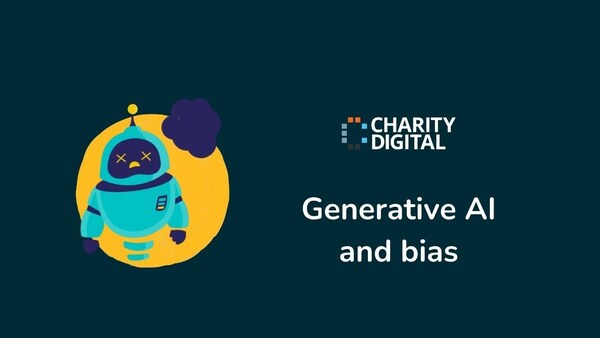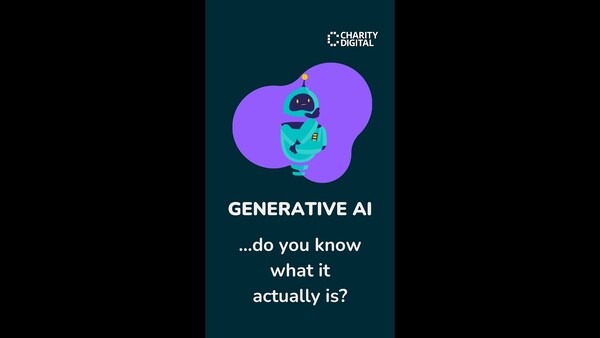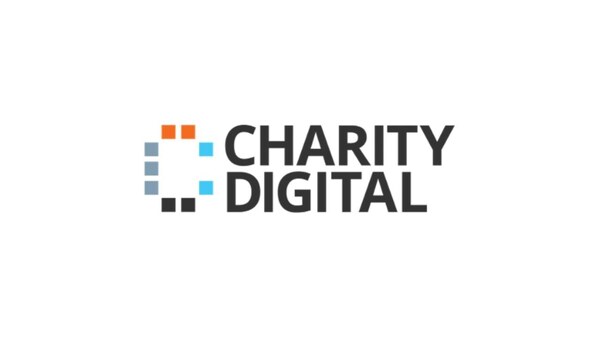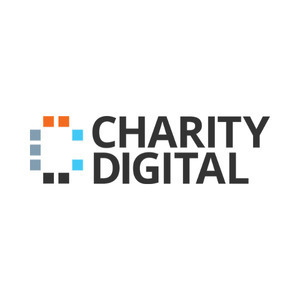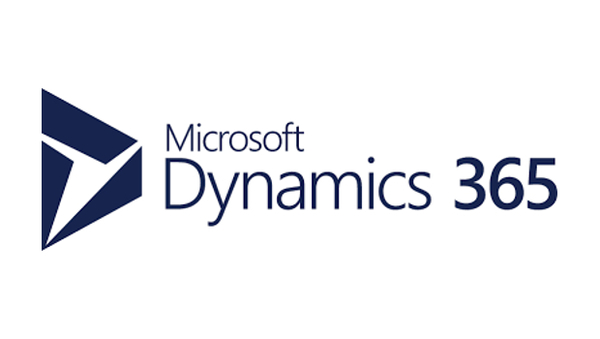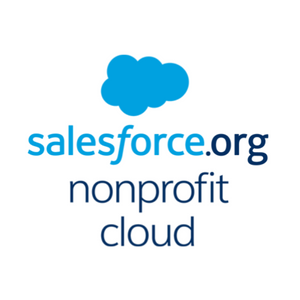Insights
INSIGHTS
All Topics
How are charities using artificial intelligence in service delivery?
We explore the charities leading the way in using AI to deliver their services, and highlight some key steps every charity should take before embracing the technology
The charity sector is curious about artificial intelligence (AI) right now, with 78% of charities agreeing that AI is relevant to their charity and could transform it, according to the Charity Digital Skills Report. And, as costs have risen over the last few years, service-driven organisations have sought ways to become more efficient without compromising the experience of their service users.
In the commercial sector, this has included embracing AI in a range of ways. But how is the charity sector adopting the technology in its service delivery?
This article explores how U.K. charities have begun using AI in their service delivery and the key steps every charity should take before implementing AI in its services.
State of the sector: AI and service delivery
Although 27% of charities say they are using AI in 2023, only 4 in 100 charities in the UK are developing services that use AI.
This could be due to a range of reasons, including perceived risk: 73% of those polled said they did not feel prepared to respond to the opportunities and challenges the technology brings and 48% said they were worried about the consequences of AI.
Potential risks of the technology are indeed extensive, including leaks of confidential data, unintended bias, data poisoning, misinformation, copyright infringement, environmental impacts, and structural inequality.
Key steps before using AI in service delivery
Because of this, it’s important to use AI mindfully. Formulating AI standards for your organisation is a key step in making sure your use of the technology is intentional and mitigates risk.
That will require you to thoroughly understand all the practical and ethical implications of the technology and how they apply to your specific organisation. As a starting point, Charity Excellence’s AI Governance and Ethics Framework outlines some key points to be aware of.
In this process, it’s important for charities to make sure they give the recipients of their services real opportunities to participate in the decisions that affect them. Charities should also interrogate and mitigate the power structures implicit in their intended use of the technology.
Charities may choose to use AI in small pilot projects to safely test the impact of the technology in their specific context, as the global charity Oxfam is reportedly doing.
Alison Court, the charity’s Chief Transformation Officer, says charities need an AI policy, as well as stating that Oxfam is investing in improving its data maturity and developing an inclusive approach to AI to mitigate bias when using the technology.
Below we explore how three U.K. charities have begun using AI in delivering their services.
Surrey Wildlife Trust: identifying compatible habitats to improve biodiversity
In partnership with the University of Surrey, Buglife, and the Painshill Park Trust, and with help from funding from the People’s Postcode Lottery, Surrey Wildlife Trust’s Space4Nature project will be using AI in combination with Earth Observation satellites to monitor and improve wildlife habitats across Surrey.
While satellites will be used to assess Surrey’s grassland, woodland, hedgerows, and heaths in high detail, AI will identify similar types of habitats close by. Then, volunteers will observe these habitats. Each of these different types of information will go into helping landowners improve biodiversity by linking fragmented habitats together.
The project is beginning by working with citizen science volunteers to collect data on the ground to help “‘train’ the AI to effectively identify and classify different types of habitat”. The charity has selected four sites for this process based on their diversity and the fact that they already possess a good amount of habitat data which can be augmented by citizen science surveys.
The project will eventually be expanded across Surrey Wildlife Trust’s 60 nature reserve sites, and the charity’s ambition is that these new mapping techniques will “transform the future of conservation in the county, the U.K., and the world”.
The purpose of The Wildlife Trusts Federation is to “bring wildlife back, to empower people to take meaningful action for nature, and to create an inclusive society where nature matters”.
Parkinson’s UK: addressing key challenges among service users
In 2021, Parkinson’s UK began working with the AI strategy, education, and ethics consultancy Greenhouse Intelligence to learn more about how they could use AI to keep fundraising levels as high as possible, and better understand the needs of the community it supports to ensure resources were allocated as efficiently as possible.
Reacting to the new immediate challenges brought about by the pandemic, the charity used AI to track the topics and themes that communities were discussing online, using the technique of comparative linguistics. This works by analysing language data sets to uncover the linguistic differences and similarities between them.
This revealed key concerns among people with Parkinson’s, such as keeping fit. In response, the charity started to produce fitness sessions via its YouTube channel and other digital channels, led by physiotherapists.
The charity was able to act quickly due to its use of a special short-term “crisis” licence from a specialist AI vendor, Relative Insight – in combination with the AI technology itself which quickly highlighted common challenges for people with Parkinson’s at that point in time.
Parkinson’s UK’s mission is to find a cure for Parkinson’s and improve life for the Parkinson’s community.
Great Ormond Street Hospital: connecting up information to improve care
Great Ormond Street Hospital (GOSH) has partnered with the healthcare organisation Roche UK to develop new AI technologies which will “make better use of data that is routinely collected in treatment to improve care at GOSH and beyond”.
The intention of this is to “optimise the development of innovative new treatments for rare and complex diseases to bring them from research labs to patients more quickly”.
Professor Neil Sebire, Chief Research Information Officer at GOSH DRIVE, comments: “We have a huge amount of experience and information that can help us to find new and better ways to diagnose and treat patients and run our hospital. But we need new tools to harness the power of this data. Our partnership with Roche will help us do this by enhancing our data capabilities and infrastructure.”
In their press release, the charity makes clear statements that the project will not involve any sharing of patient data, that all projects undertaken within the partnership are conducted within GOSH’s secure digital research infrastructure, and that no patient data will be shared between the partnered organisations or outside of GOSH.
GOSH’s purpose is to dedicate itself to children’s healthcare and find new and better ways to treat childhood illness, putting the “child first and always”.
Josie Sparling
More on this topic
Related Content
Recommended Products
Related Videos
10 Jan 2025by Ioan Marc Jones
How charities stopped centring service users
09 Jan 2025by Charity Digital
AI adoption: Lessons from Salesforce's Trailblazer community
Our Events
Charity Digital Academy
Our courses aim, in just three hours, to enhance soft skills and hard skills, boost your knowledge of finance and artificial intelligence, and supercharge your digital capabilities. Check out some of the incredible options by clicking here.








